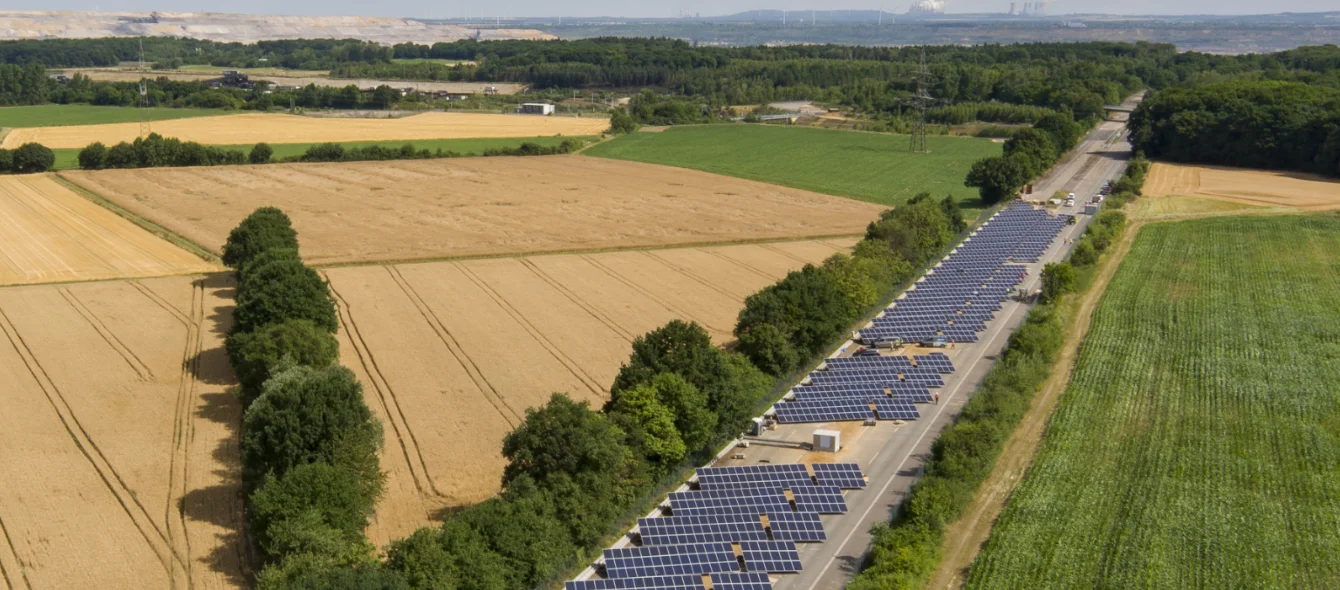Recent calculations published by the German Environment Agency (UBA) show that CO2 emissions per kilowatt hour of generated electricity are on the decline. Once a year the UBA publishes the results of its calculations on what is known as the CIPK (carbon intensity per kilowatt-hour) of the German electricity mix. The result is generally considered to be an important indicator of the environmental compatibility of electricity generation, and this year’s figures have confirmed suspicions of an emerging trend: Greenhouse gas emissions related to the German energy mix are dropping thanks to the rising contribution of renewables.
Emissions per kWh of electricity almost halved since 1990
This decline has been particularly noticeable over the last four years. Back in 2016, 523 grams of carbon dioxide were emitted per kilowatt hour of electricity generated, a figure which went on to decrease over the following years to 485 grams in 2017 and 468 grams (provisional figures for 2018). In keeping with UBA estimates, last year’s CIPK took another lurch downwards to 401 grams of CO2 per kWh.
Carbon dioxide emissions from German power generation
Source: UBACIPK in 2019 is therefore 363 grams lower than the baseline year, 1990 (764 grams), which means that the emissions necessary to generate one kilowatt hour of electricity are now just under half that of 1990.
Less CO2 thanks to more wind and solar energy
The overall figures, i.e. the volume of energy-related emissions, have also fallen significantly in recent years. Compared with baseline year 1990, emissions had dropped by 83 to 283 million (million) tonnes of carbon dioxide by 2017. Preliminary calculations for emissions in 2018 conclude that year’s figure to likely be 269 million metric tons of CO2 whilst estimates for 2019 arrive at 219 million metric tons of CO2. The German Environment Agency cites the expansion of renewables as the main reason for the notable CIPK reduction. More solar and wind power, less coal-fired electricity and favourable emissions trading prices have all been factors in the development.
All in all, the energy industry’s efforts seem to be paying off. And according to a previous UBA analysis, they have actually been primarily responsible for Germany’s drop in emissions. Transport and construction, on the other hand, have a lot of catching up to do. Emissions in the two sectors rose by 0.7 percent (transport) and 4.4 percent (construction) in 2019.
